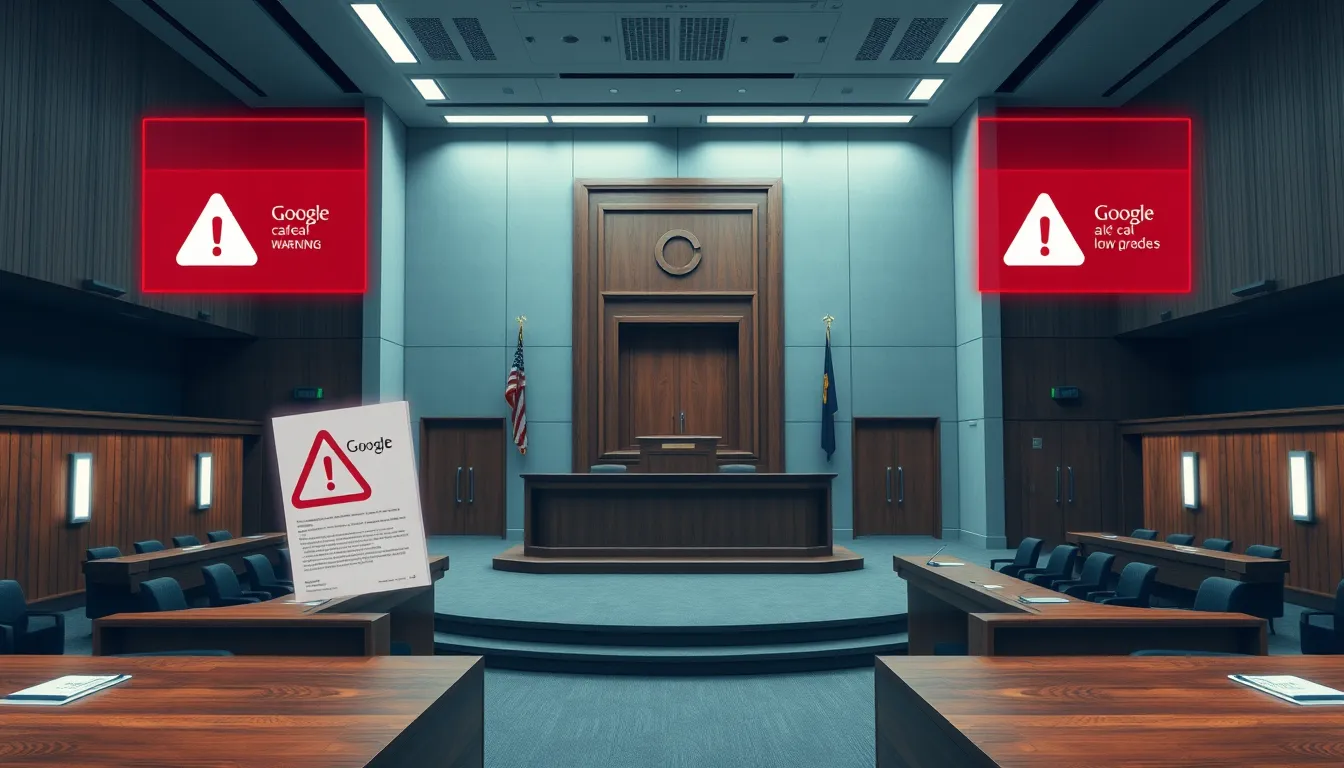Now Reading: Essential Guide for Legal Marketers: AI-Generated Content Best Practices
-
01
Essential Guide for Legal Marketers: AI-Generated Content Best Practices
Essential Guide for Legal Marketers: AI-Generated Content Best Practices

Essential Guide for Legal Marketers: AI-Generated Content Best Practices
In today’s digital age, legal marketers are increasingly relying on AI-generated content to meet the demands of a competitive market. However, ensuring that legal marketers AI-generated content is both ethical and compliant poses significant challenges. This comprehensive guide is designed to provide actionable tips and insights, enabling legal professionals to harness the power of automation without sacrificing quality or regulatory standards.
Understanding AI-Generated Content in Legal Marketing
The surge in automated content generation has transformed how legal content is created and distributed. As legal marketers AI-generated content becomes more common, it brings efficiency and scalability to legal practices. Nevertheless, automated solutions can sometimes lead to low-quality output if not managed properly. To avoid pitfalls, legal marketers need to implement proactive measures including thorough content audits, rigorous quality control, and continuous performance monitoring.
Key Challenges and Considerations
- Quality Control: The rapid production of content can result in inaccuracies if not closely monitored.
- Regulatory Compliance: Ensuring that legal content meets industry standards and legal norms is paramount.
- Ethical Concerns: Balancing automation with human oversight prevents the spread of misleading or outdated information.
Legal Marketers and AI-Generated Content: A Balancing Act
Legal marketers AI-generated content should be developed with a keen focus on ethical practices. By merging innovative technology with a deep understanding of legal regulations, professionals can produce high-quality content that stands out. One effective approach is to integrate AI tools with human expertise to vet the output before publication. This method helps in diagnosing issues early on and maintaining the integrity of the final piece.
Ethical Considerations and Regulatory Compliance
For legal marketers, it is essential to adhere to ethical practices when using AI-driven systems. Best practices include:
- Conducting Routine Content Audits: Periodically review the AI-generated content to ensure accuracy and compliance. Use tools like content management systems and analytics to monitor performance.
- Ensuring Transparent Sourcing: Clearly credit data sources and provide verifiable references. For example, trusted sources like the official Google blog (https://developers.google.com/search/blog) can help inform on algorithm updates.
- Involving Expert Review: Supplement AI-generated drafts with expert review by legal professionals who understand the nuances of regulatory issues.
How to Avoid Google Warnings for AI Content
A critical section in this guide is dedicated to understanding how to avoid Google warnings for AI content. Legal marketers need to be proactive by:
- Monitoring analytics to detect any abnormal patterns that could signal low-quality content.
- Staying updated on Google algorithm updates, which increasingly target automated content.
- Ensuring the content is user-focused with thorough, researched, and contextually rich information.
A detailed checklist includes:
- Regular audits of content performance metrics.
- Integration of human edits in AI-generated drafts.
- Compliance with Google guidelines to prevent penalties.
Integrating Human Insight with Technology
The future of legal marketing lies in the perfect blend of technology and human expertise. Legal marketers AI-generated content must be strategically curated by leveraging the speed of AI while applying the critical thinking and context that only human professionals can provide. This hybrid approach ensures that content is both scalable and reliable, meeting the dual demands of efficiency and regulatory compliance.
Conclusion
In conclusion, the evolution of AI-generated content in legal marketing offers a transformative approach but also brings inherent challenges. By adopting ethical practices, engaging in regular content audits, and following best practices to avoid Google warnings, legal marketers can maintain a competitive edge. The integration of advanced AI tools with disciplined human oversight is key to creating legal marketers AI-generated content that is authentic, compliant, and ultimately successful in the digital landscape.
By following these strategies, legal marketers not only enhance the quality of their content but also build a strong, sustainable digital presence that stands up to the constant evolution of search engine algorithms. Embrace these guidelines to ensure your AI-generated content remains a trusted resource in the legal community and continues to drive engagement and success.

























